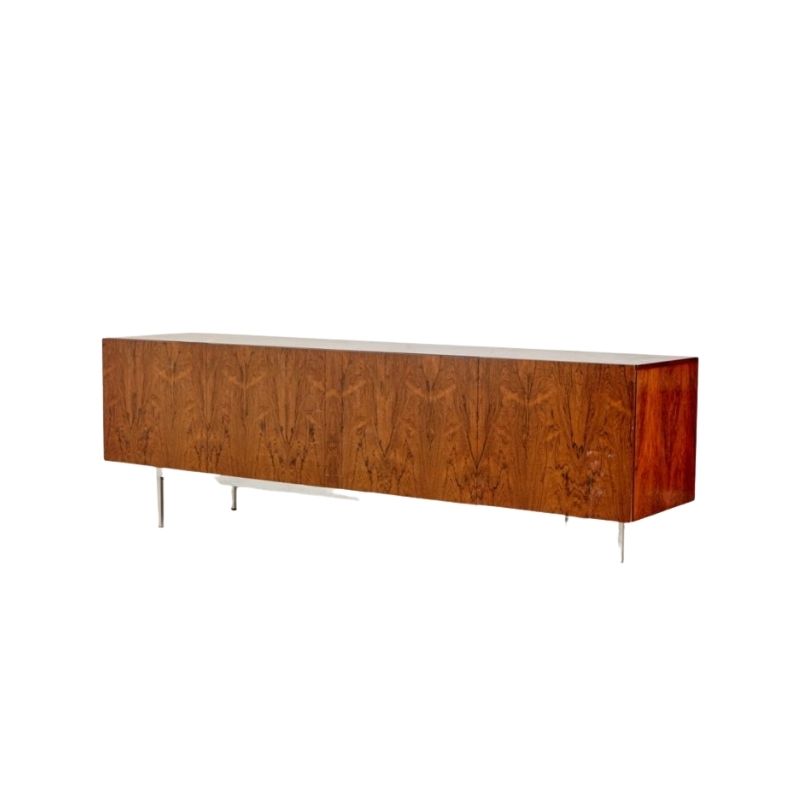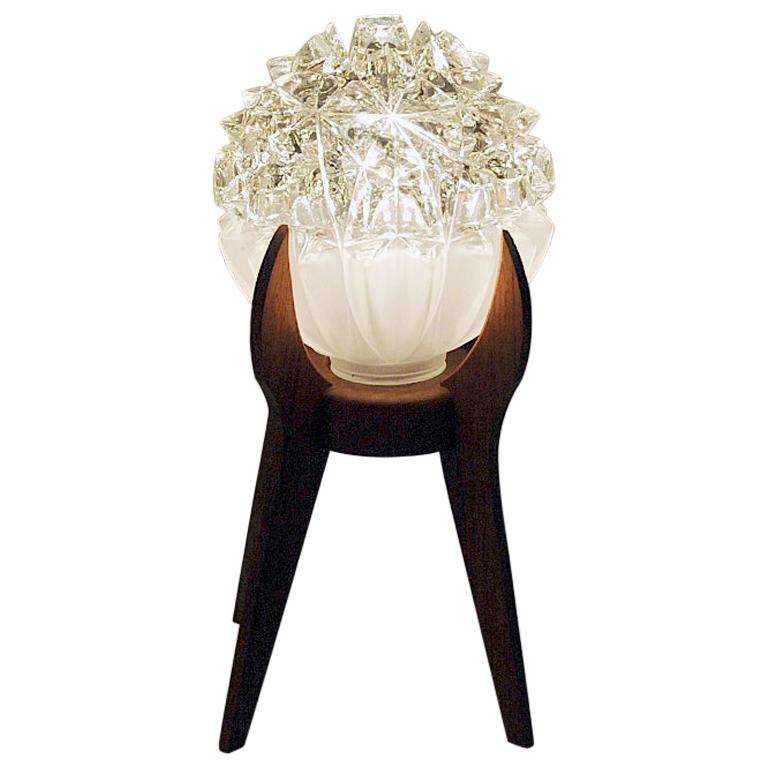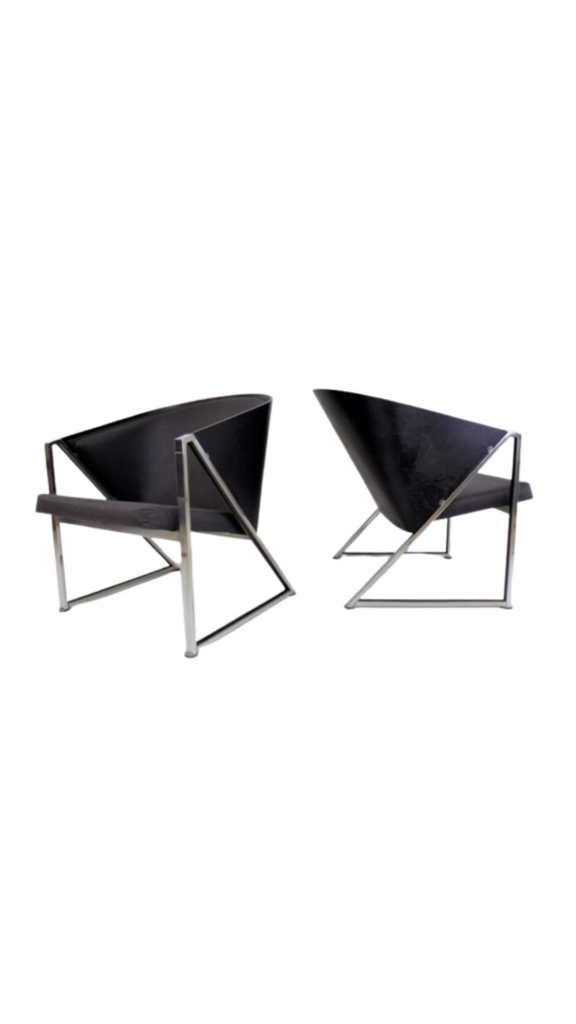Does anyone find it illuminating how the( OFF )topics often draw a large number of comments/traffic and how lackluster many of the( ON )topics can be?What does this tell us,if anything?Is design "officially defined" on this site as household goods,this could be seen as limiting...but we need limits I guess.
Honestly ?
It's a long way from interior design to presidential politics -- about as far as you can get, I'd say. And if one is a "red meat" topic and the other is not, which one do you think will get the most attention -- for a while, at least ?
Newspapers and television get a lot of viewers (and cash) by appealing to the emotions rather than to the intellect. Call me crazy, but I get emotional over a DCW and (I think) rational over public policy. The problem is that others get "rational" too, on the opposite side of the fence. It makes for intractable disagreement.
Sign on the wall of the boarding-house dining room: NO POLITICS or RELIGION at the TABLE. Guess that goes for the library and the studio, too ? I think so -- for good reason, I'm sorry to say.
It is normal that polemical...
It is normal that polemical subjects cause more reactions but that does not make them inevitably more interesting.
The field of discussion proposed on Design addict is very, very broad and it is far from being exhausted. It is true that' there is a lot of discussion on furniture and interior design. These are interesting but I would like to take this opportunity to recall that DA is not restricted to this field. One can approach many other objects typologies: lighting, tableware (dinnerware, flatware, glassware...), electronics (computer, audio-video...), transportation design (bus, bikes, boats...), kitchen appliance, office appliance, rugs, tools and many other categories of objects designed by industrial designers. The threads about technique and materials are often very interesting. Did we exhaust the subject concerning the pleasures and difficulties provided by the work of wood, glass, ceramics or new materials and methods of production? Certainly not.
Did we exhaust the philosophical and political questions that underlie our individual and collective relations with the (too) many products that our consumer society offers us? What is the role of designers faced with the economic and environmental crises? There are a lot of open questions...
If all that is not enough, one can also discuss close disciplines like architecture, graphic design, jewelry, art...
I guess that with all that, we have subject matter for very interesting discussions for (at least) the 10 years to come.
Concerning the [off topic] discussions, we are not opposed to them provided that they potentially interest the large majority of readers and that they are not the source of useless tension between the participants. We do not wish to moderate discussions related to the domestic policy of a country. If we started a thread on the political crisis that we have here in Belgium for the moment, I think that most of you would find it out of place and tedious.
Patrick's post echoes my...
Patrick's post echoes my thoughts exactly.
I think we all recognize that design, like politics, has the potential to change the world. This is what many influential modernists believed in, sometimes naïvely so, but still. And my guess is that a majority of us would agree that there is a need to come up with disruptive rather than continuous innovations (the latter being innovations that do not force a significant change of behavior by the customer) if we are to see any positive change.
If we believe in that, could it be that contemporary design has failed to fulfill its promise? And is politics to blame, partially or completely?
Maybe it is once again time for public institutions and governments to initiate and sponsor national or international contests and exhibitions, to a greater extent than they do today? Something like the X Prize. I am thinking design for sustainability, poverty reduction, or a move away from mass consumption.
Most of what is being done in this area seems to be a case of marketing hype, suboptimisation, or too little and too expensive. A product's life cycle and the opportunity costs of its realisation are rarely considered in full (case in point: Brazilian ethanol). Many good ideas do not get the development, manufacturing or marketing support they need to survive and make an impact. Most are too expensive to matter (such as the One Laptop per Child project, although one could argue that it is not a complete failure). Other ideas are far too grandiose to accomplish without funding and cooperation on an international level and are destined to remain concepts forever. Many ideas would benefit from or even require political support to make a difference.
These are all complex matters that touch upon politics whilst still remaining within the realm of design. I think they would be interesting to discuss and ultimately do something about, either directly or by influencing decision makers.
Cheers, Patrick...
It was not my intention to create tension. I do reckon it was a bit selfish and inconsiderate however considering the global scope of this forum. Thanks very much for your explanation and all you do on this forum.
And to azure, once I'm done with moving and all the Christmas back and forth I have plenty of design related issues I'd like to explore. I've learned much from this forum, but I am in agreeance with Patrick that there is still plenty of discussion to be had on topic.
.
I found this piece from yesterday's paper to be informative, on the subject of production and consumption in the near future. . .
http://www.nytimes.com/2008/12/21/opinion/21friedman.html
Interesting article. Thanks...
Interesting article. Thanks SDR...It illuminates, a small part of a whole incomplete equation, just how monumental our current events are. A time for introspection and reflecion...maybe, but as Friendman alludes to, how to rebuild. I'll take that another leap forward, rebuild responsibly.
On topic / off topic
Check that is a correlation between on topic off topic on different periods.
It's like there is a general mood. When there is an interesting on topic, begins some kind of synergy. And then appears another and another interesting thread, related and/or unrelated. Then the positive synergy works.
But the same happens on the other side, with the off topic, now on the other direction.
Try to post an interesting thread in an off topic period, and will learn how to kill an interesting subject so soon(fortunately can be resurrected later).
The first example that comes to mind was the journy-dent-time, when the only option to survive was to be off forum 🙂
That's the main reason why should avoid most off topics. They inhibit the on topics. And change the general mood on the forum.
If you need any help, please contact us at – info@designaddict.com









